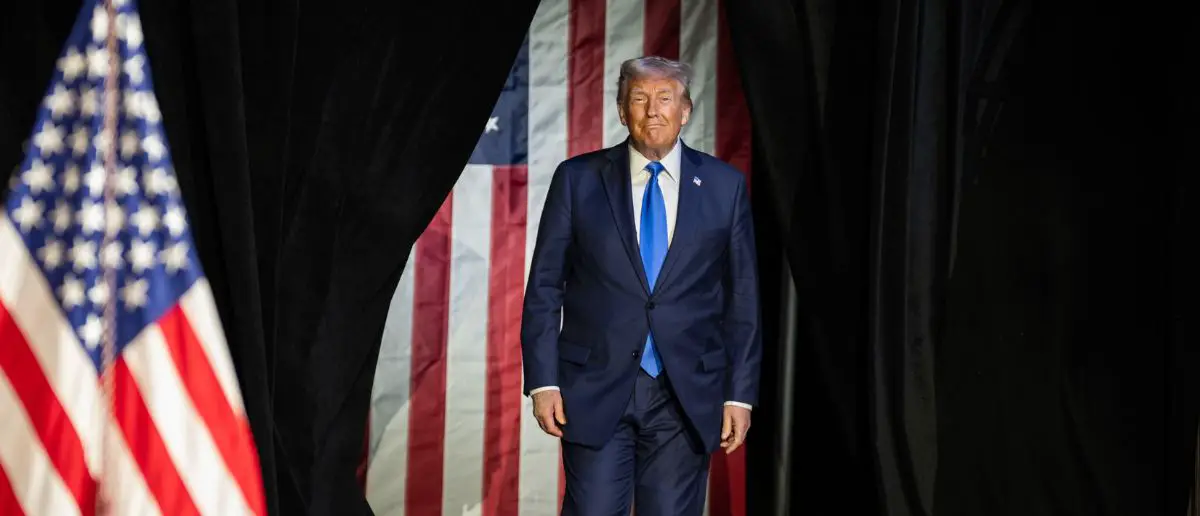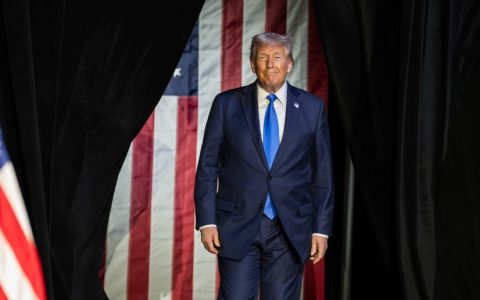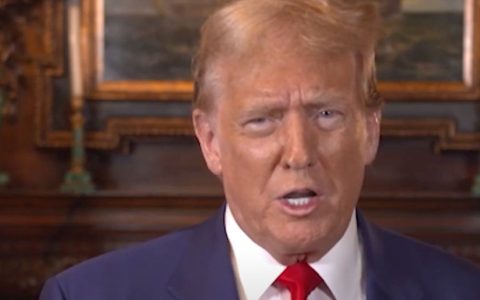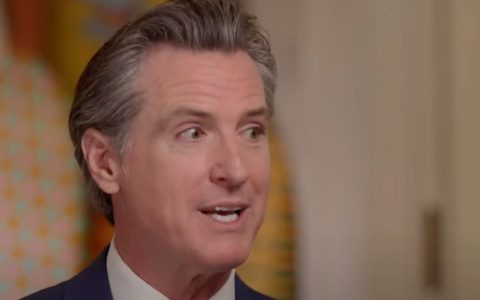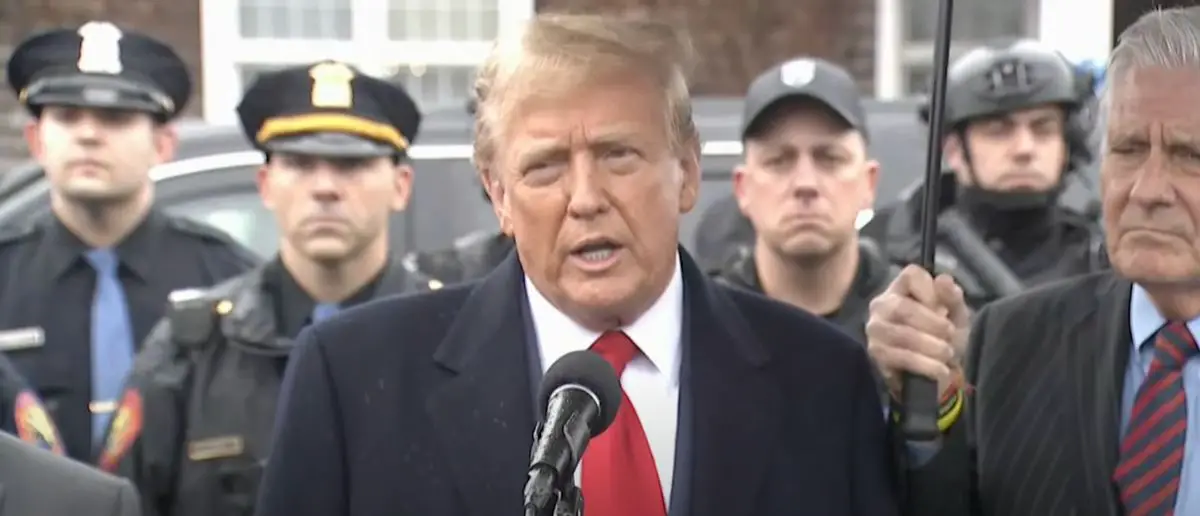
Most Americans were content with how the election went. But there are still some questions to be answered.
And now these swing state Republicans filed a lawsuit that has massive consequences.
Wisconsin Republicans have taken legal action to address a conflict between state and federal laws regarding the date when the state’s presidential electors must meet to cast their 10 Electoral College votes for President-elect Donald Trump.
Under Wisconsin state law, electors are supposed to convene on the first Monday after the second Wednesday in December, which falls on Dec. 16 this year.
However, federal law mandates that the meeting occurs on the first Tuesday after the second Wednesday, which would be Dec. 17.
In a lawsuit filed Friday in U.S. District Court, the Wisconsin Republican Party seeks a court order to ensure the electors adhere to federal law and cast their votes on Dec. 17.
The lawsuit argues that the state law is unconstitutional and unenforceable, urging the court to void it.
“If the presidential electors do not follow federal law for when they must cast their votes, then those votes could be contested,” the lawsuit states.
The Republican-led Wisconsin Legislature had already attempted to address this inconsistency.
Last session, the Senate overwhelmingly passed a bill to align state law with federal requirements, but the measure stalled in the Assembly and never reached a vote.
The lawsuit names Gov. Tony Evers, Attorney General Josh Kail, and Wisconsin Elections Commission Administrator Meagan Wolfe as defendants.
Representatives for all three declined to comment on the matter.
This scheduling conflict stems from changes made in a federal law passed in 2022 with bipartisan support.
The law revamped procedures for certifying presidential election results, a move prompted by the events of Jan. 6, 2021, and former President Trump’s unsuccessful bid to remain in office.
The updated law modernized an outdated 19th-century statute and reinforced constitutional principles governing how states and Congress certify electors and declare election winners.
Notably, it specifies that the vice president’s role in the certification process is purely ceremonial, eliminating any potential for altering election outcomes.
The law also limits states to submitting only one certified set of electors, a safeguard implemented after Trump’s allies unsuccessfully attempted to assemble alternate pro-Trump elector slates in swing states, including Wisconsin, where President Joe Biden won.
By mid-October, 15 states had updated their laws to align with the new federal requirements, according to the National Conference of State Legislatures.
Stay tuned to the DC Daily Journal.

